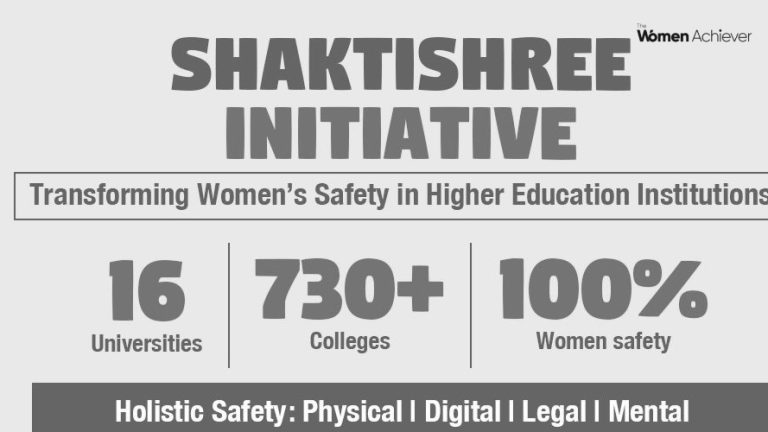Here’s about Shaktishree: Can Odisha’s New Initiative Make Campuses Safe for Women?
In the wake of a student’s self-immolation death on July 14, 2025-on charges of doing nothing against sexual harassment-Odisha’s government has initiated Shaktishree, a state-wide integrated programme for the protection of women students in higher education
Why Shaktishree Was Launched
The death of the student-after filing harassment complaints deaf to the authorities-outraged the public, faulted the government politically, and called for change in the system
Odisha leapt to the rescue at lightning speed, unveiling reforms, helpline protocol and sensitisation campaigns even before actual rollout
What Shaktishree Covers
As formal releases are concerned, the scheme shall cover 16 state universities and 730 government and aided colleges in Odisha
Shaktishree Empowerment Cell – an institution-wide student organization, led by a female teacher and female student Saathi; aided by five ‘Shakti Apas’ per district who guide students and pay quarterly campus visits
Mandatory Code of Conduct & Training – all non-teaching and teaching staff are required to complete annual online training courses to POSH Act (2013) and UGC Regulations, 2015
Annual Campus Safety Report – colleges are required to submit detailed safety audit reports by December 31 every year, encompassing incidents, actions, and follow-up
POSH & UGC Online Courses – colleges to educate students and staff online on sexual harassment legislation and institutional accountability
Shakti Swarupini Workshop – biennial training and feedback sessions for student and teacher coordinators at the state level
Can Shaktishree Revolutionize Campus Safety?
Strengths
Holistic design: Comprises self-defence, well-being, legal right, and technology intervention.
Tiered accountability: Mentors, cells, app monitoring, audits, and mandatory training introduce checks and reassurance.
Accessible scale: Presence in 16 universities and 730 colleges guarantees extensive coverage.
Overcoming obstacles:
Implemenation gaps: Institutions have to implement effective ICCs, make complaint procedures visible, and offer geo-tagged evidence of compliance-earlier delays made timely notices from as early as September 2024 necessary
Enforcement stringency: Cell activism, response time of apps, enforcement of discipline in terms of code of conduct continue to be key parameters.
Availability of resources: Infrastructure of mental health (Tele‑MANAS), availability of apps, CCTV installations, and staff training all need logistic support.
Wider Context & Best Practice
There have been other announcements as well, from Odisha, in the form of city ‘pink zones’ with segregated safety infrastructure-reflecting a broader commitment towards women’s security in industries overall
Conclusion: Shaktishree is audacious-embedding an institutional model into hundreds of campuses with lettered-out support and governance systems. It’s a noticeable turn away from crisis-managerialism and towards preventive, empowered culture-building.
But as most insist, actual impact will be a function of consistency, compliance with audits, and actually responding in the field to grievances. Its success will be measured not by policy initiated-but by the ordinary life of millions of women students in Odisha over the next few months.






Add comment